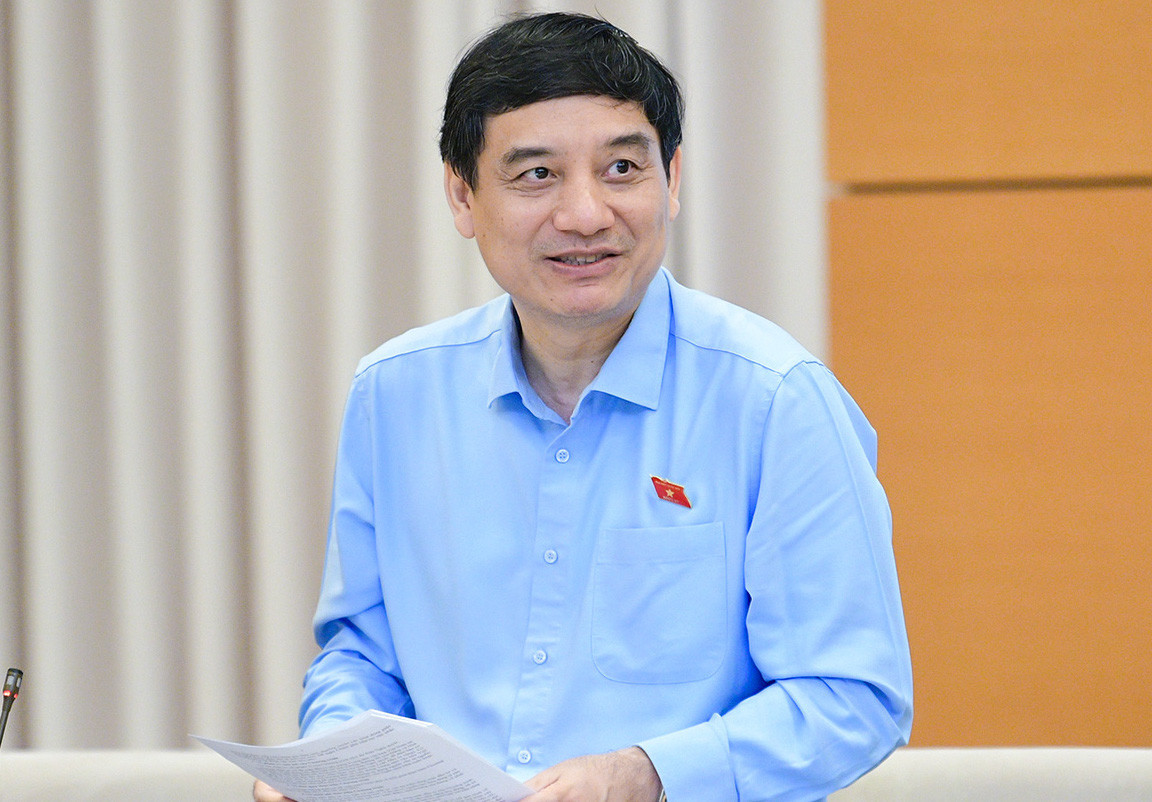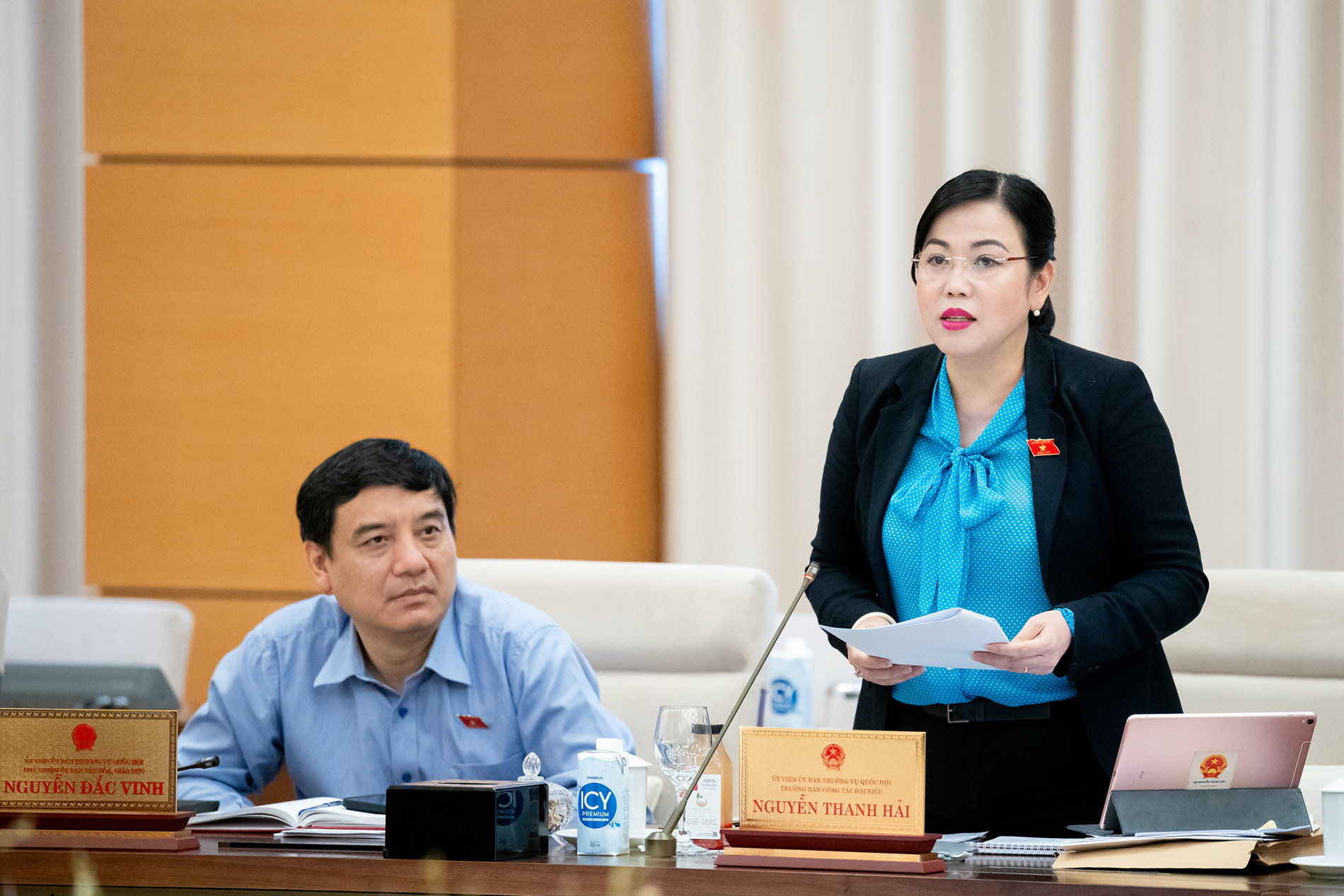On the morning of October 9, the National Assembly Standing Committee reviewed the government's report on the socio-economic development plan for 2024 and proposed targets for 2025.
One of the significant points raised by the Economic Committee’s assessment is the 2024 public outcry surrounding the case of "fake education, real degrees" at the highest academic level. The state education management agencies have yet to provide a satisfactory, transparent solution to the public.

The report mentions the case of Vuong Tan Viet (Thich Chan Quang), who defended his doctoral thesis and was awarded a PhD from the Hanoi Law University just over two years after completing a part-time law degree.
The Ho Chi Minh City Department of Education and Training later confirmed that Mr. Viet's name was not listed among those who took or passed the supplementary high school graduation exams in 1989, contradicting his credentials.
Nguyen Dac Vinh, Chairman of the National Asssembly’s Education and Culture Committee, acknowledged that while the overall education system has improved, there is still room for tighter quality control following recent incidents.
Vinh emphasized the need to prioritize academic quality over procedural correctness: "When an issue arises, we tend to focus more on whether the process was followed correctly rather than addressing the core question of whether the dissertation or research project is truly of high quality."
He added, "Focusing solely on processes without assessing the substance of the work won’t resolve the problem. In some cases, procedures may have been followed correctly, but the implementation was lax."
Vinh urged the education sector to make swift improvements, noting that while the issue is not widespread, it must be addressed seriously.
Long-standing issues call for new solutions

Nguyen Thanh Hai, Head of the National Asssembly’s Delegate Affairs Committee, also noted that while the education sector has made positive strides - particularly in improving examination results - long-standing issues such as excessive school fees at the beginning of the academic year continue to persist.
According to Hai, the problem of excessive school fees is not new and requires innovative solutions to be effectively tackled. "Although this issue has been raised many times, it still affects many households. The government must outline what has been achieved and what remains unresolved," she said.
In addition to school fees, Hai raised concerns about the high cost of textbooks. She highlighted that with each school using different sets of textbooks after recent education reforms, students who transfer schools often have to buy new books, which can cost up to 300,000 VND - a significant amount for families in remote areas.
"To address this issue, there should be school libraries where students can borrow textbooks, or systems to facilitate donations of books from students in urban areas to those affected by floods and other hardships," Hai suggested.
Thu Hang